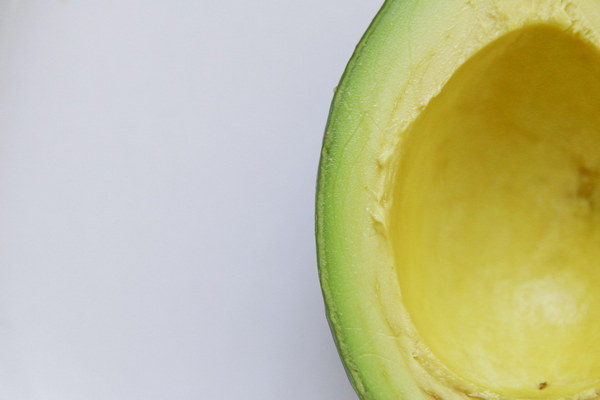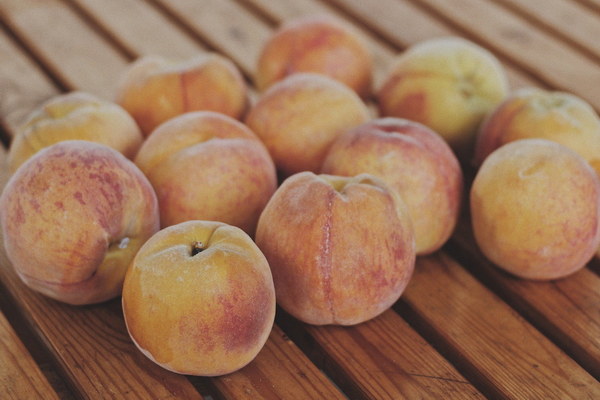Exploring the Diversity of Traditional Chinese Herbs for Lung Health
The respiratory system plays a crucial role in maintaining our overall well-being. As such, it is essential to take proper care of our lungs to ensure their optimal function. Traditional Chinese Medicine (TCM) offers a wealth of natural remedies for lung health, utilizing a variety of herbs that have been used for centuries. In this article, we will explore some of the most popular and effective Chinese herbs for lung care.
1. Ginseng (Panax ginseng)
Ginseng is one of the most well-known Chinese herbs, prized for its ability to boost the immune system and enhance overall vitality. It is believed to nourish the lungs, improve respiratory function, and support the body's natural defenses against respiratory infections.
2. Astragalus (Astragalus membranaceus)
Astragalus is another immune-boosting herb that is commonly used in TCM to treat respiratory issues. It is thought to strengthen the lungs and improve their ability to resist infections. Astragalus is often combined with other herbs to enhance its therapeutic effects.
3. Licorice Root (Glycyrrhiza uralensis)
Licorice root is a versatile herb with both sweet and bitter properties. It is commonly used in TCM to nourish the lungs, relieve coughs, and soothe sore throats. Additionally, licorice root is believed to have anti-inflammatory effects, which can help reduce the severity of respiratory conditions.
4. Goji Berries (Lycium barbarum)
Goji berries are a popular superfood in TCM, known for their immune-boosting and lung-nourishing properties. These berries are believed to help strengthen the respiratory system and improve lung function, making them a great addition to any lung care regimen.

5. Mulberry Leaf (Morus alba)
Mulberry leaf is another herb with a long history of use in TCM for respiratory health. It is believed to have cooling properties that can help reduce inflammation in the lungs, making it an effective treatment for conditions such as bronchitis and asthma.
6. Fritillaria (Fritillaria thunbergii)
Fritillaria is a flowering plant that has been used in TCM for centuries to treat respiratory conditions. It is believed to have expectorant properties, helping to clear mucus from the lungs and ease breathing difficulties. Fritillaria is often used to treat coughs, asthma, and other respiratory infections.
7. Ophiopogon (Ophiopogon japonicus)
Ophiopogon is a herb that is commonly used in TCM to nourish the lungs and improve respiratory function. It is believed to have a cooling and moistening effect, which can help soothe the respiratory tract and reduce coughing.
8. Elderberry (Sambucus nigra)
Elderberry is a well-known herb in Western herbalism and has also been used in TCM for lung health. It is believed to have immune-boosting properties and can help reduce inflammation in the respiratory system. Elderberry is often used to treat colds, flu, and other respiratory infections.
Incorporating these traditional Chinese herbs into your lung care regimen can provide a natural and effective way to support respiratory health. However, it is important to consult with a qualified TCM practitioner before beginning any new herbal treatment, as some herbs may interact with other medications or have contraindications for certain individuals.
While TCM offers a wealth of options for lung care, it is also essential to maintain a healthy lifestyle, including regular exercise, proper nutrition, and adequate rest. By combining these natural remedies with a holistic approach to health, you can help ensure that your lungs remain strong and healthy for years to come.









